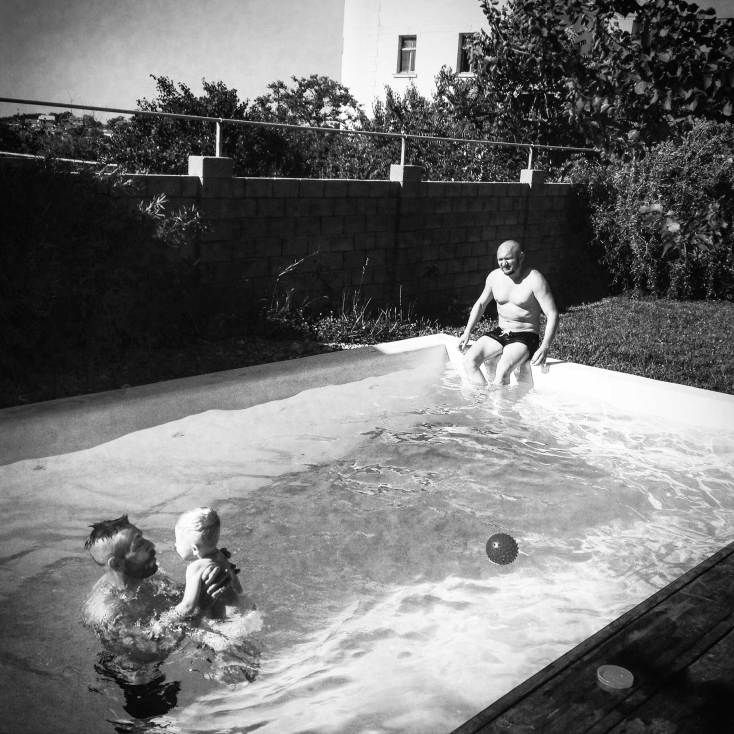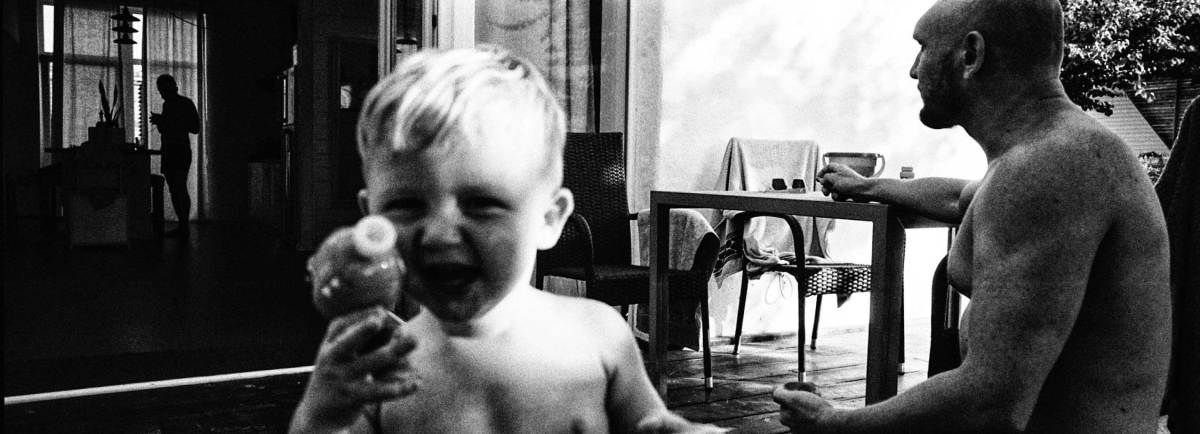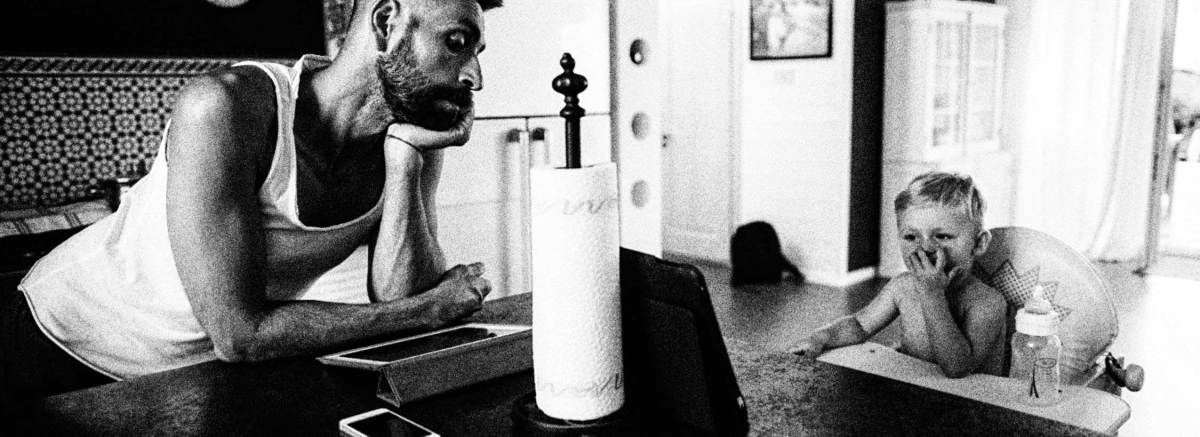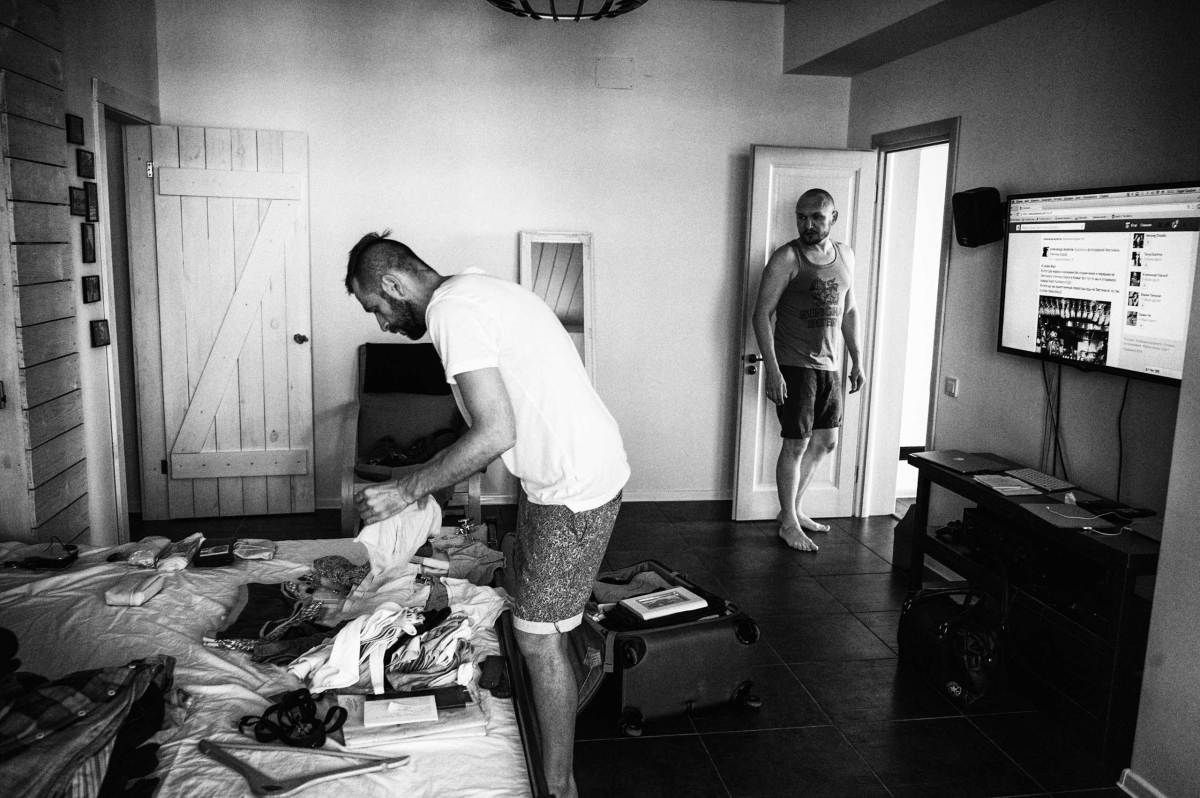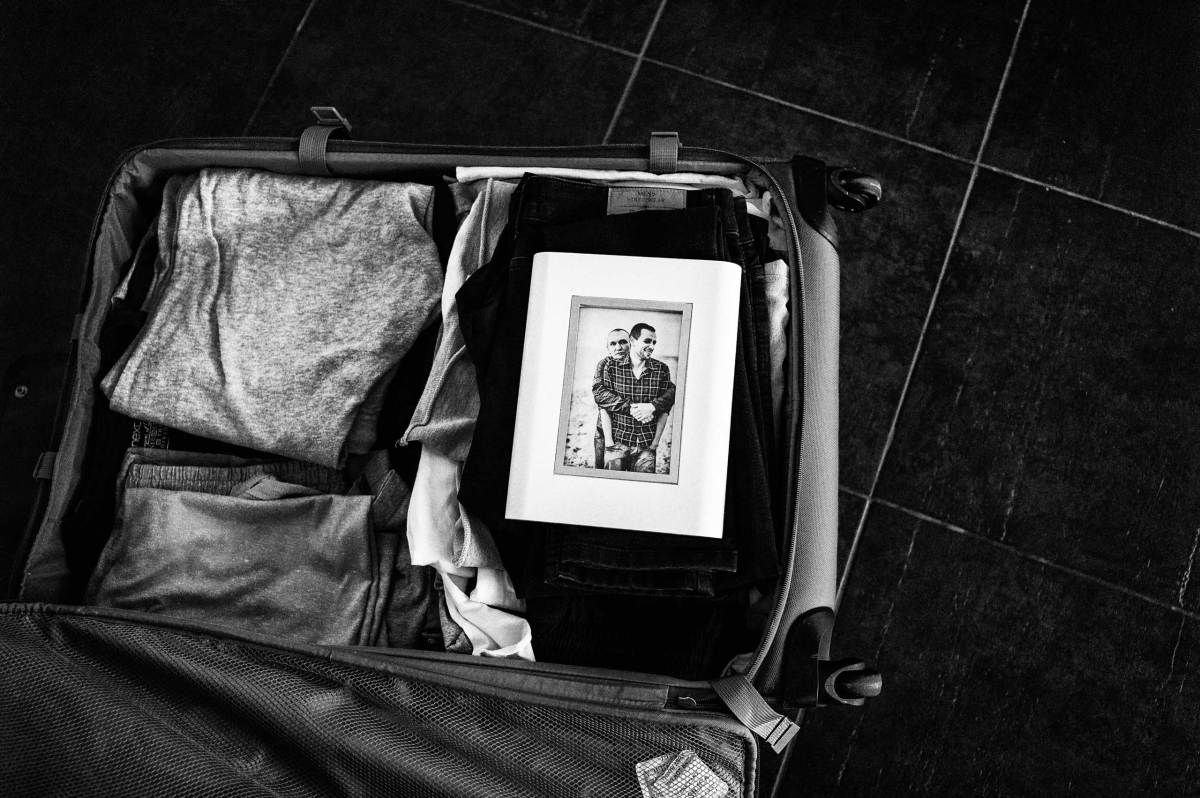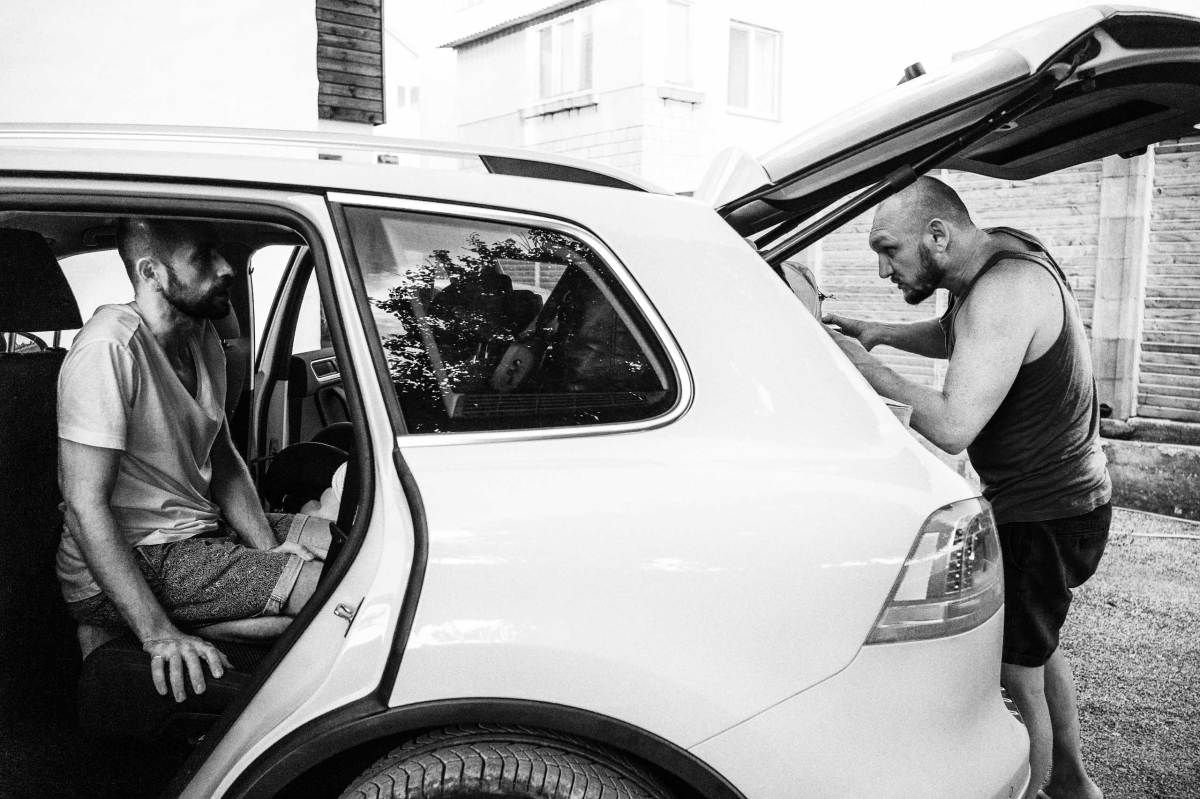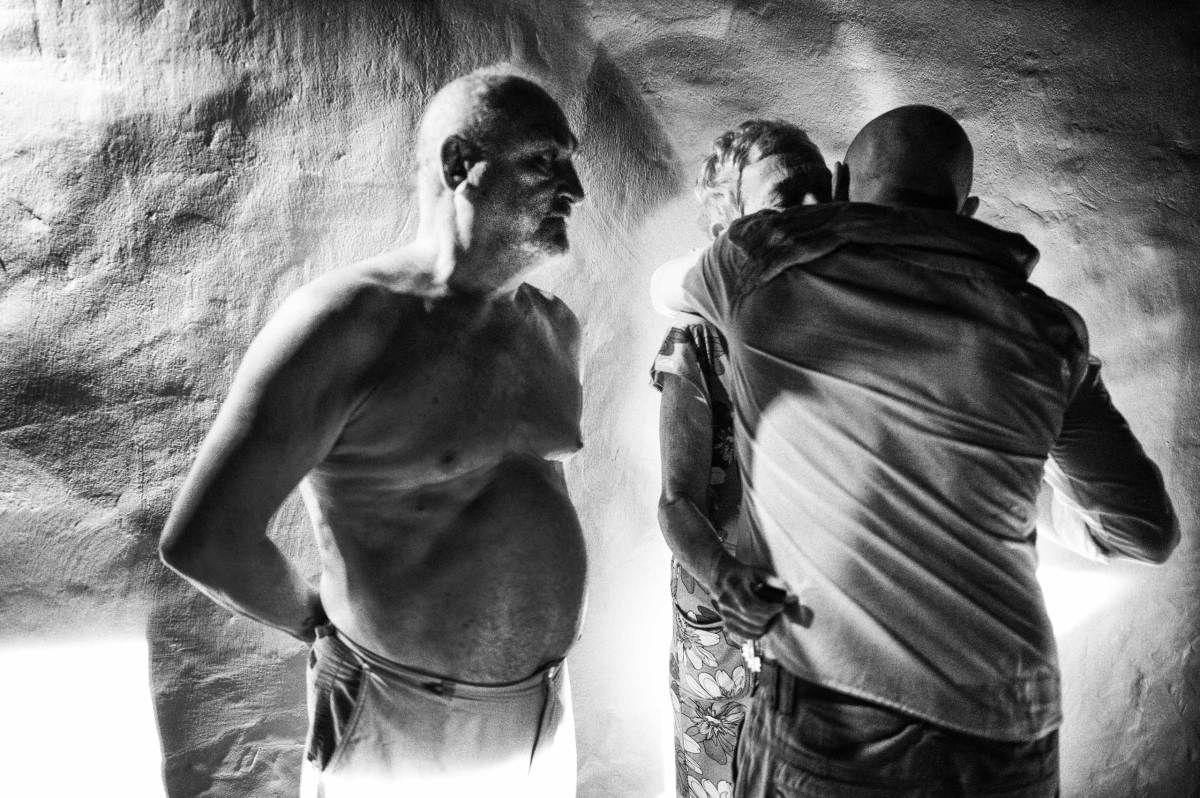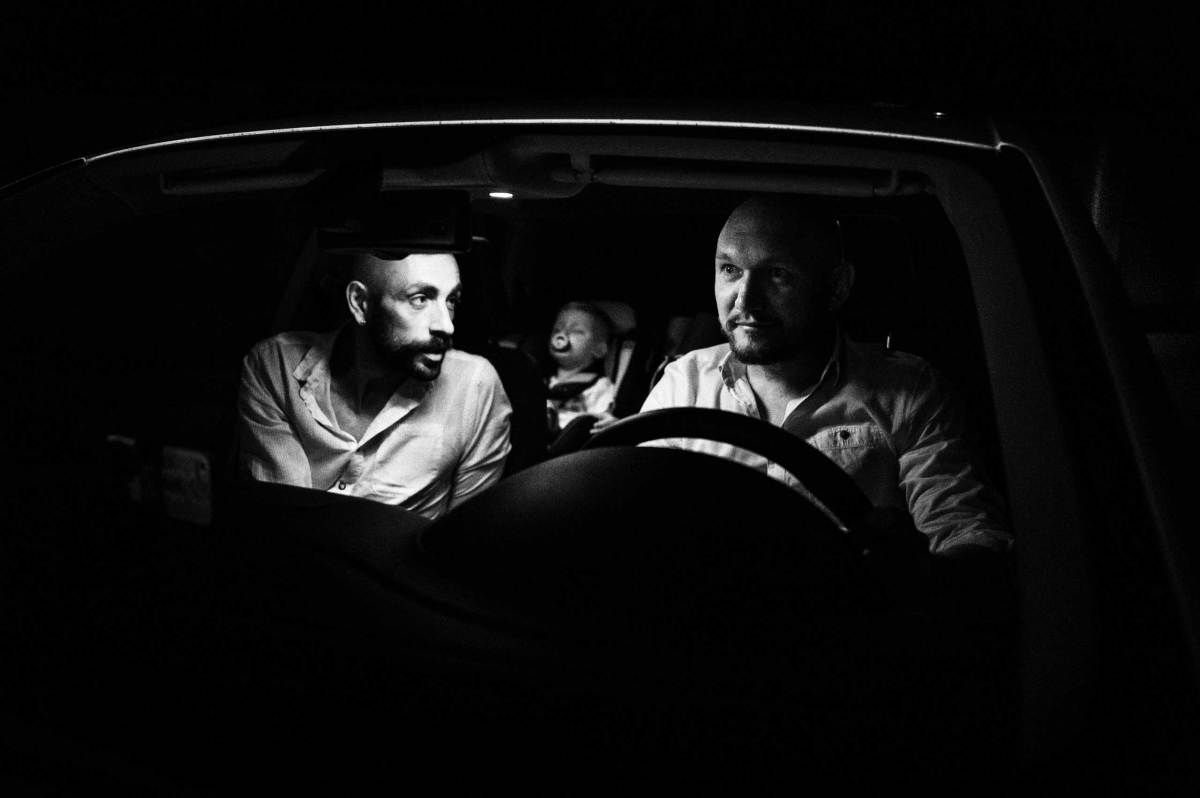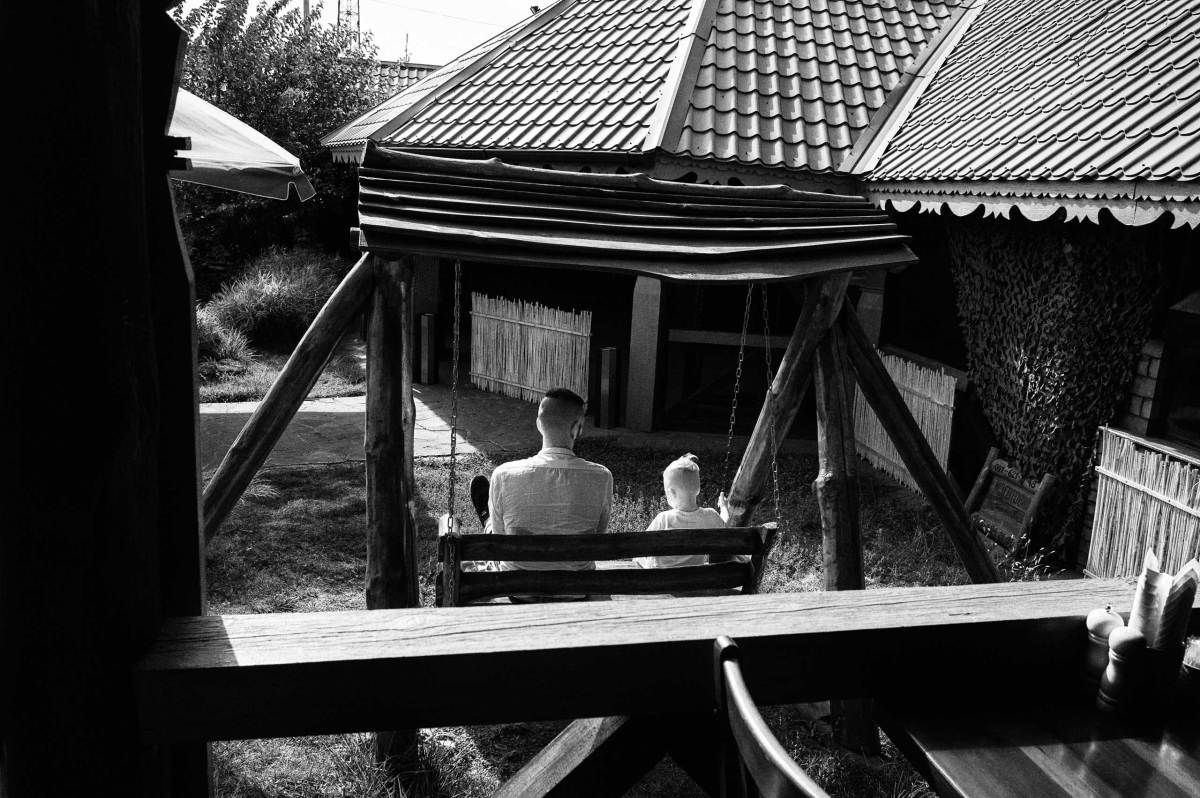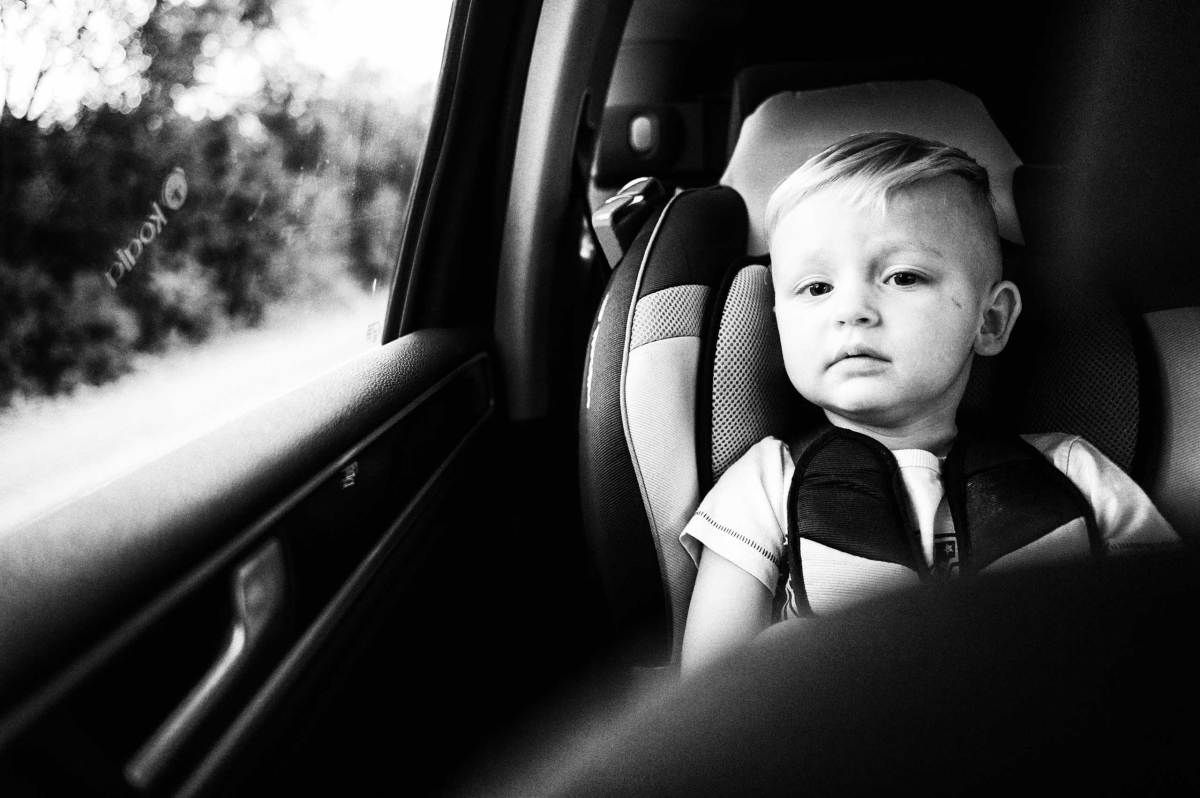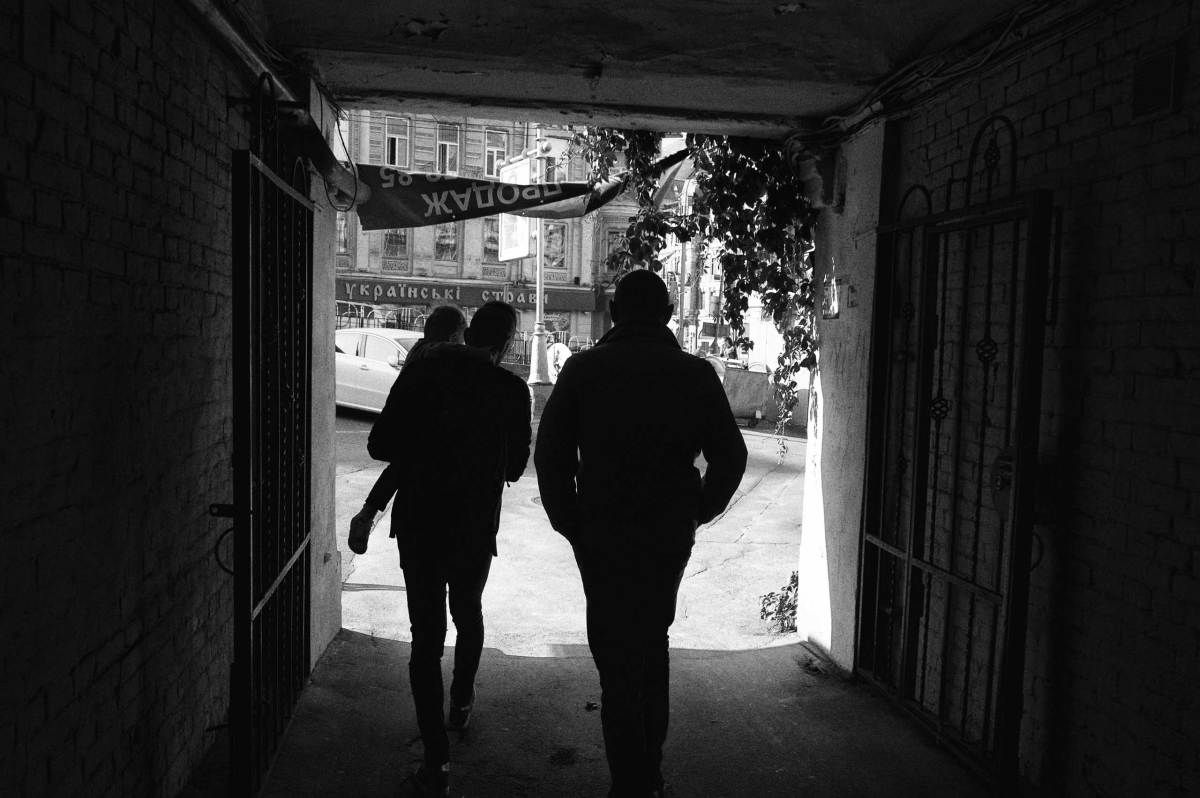(Simon Shuster is a staff writer for Time. Photojournalist Misha Friedman is a Pulitzer Center grantee.)
The Qbar was always an awkward fit in the nightlife of Sevastopol. It was the only place in the Ukrainian city to host the occasional drag show, and certainly the only place where the all-male waitstaff wore booty shorts beneath their aprons. In other parts of Europe, and even many cities in mainland Ukraine, the camp décor would have raised few eyebrows. But Sevastopol is a macho place. It houses the Russian Black Sea naval fleet, and its streets are studded with the homes and memorials of veterans from Russian wars going back to the 18th century. So even before Russia decided in March of this year to annex the city from Ukraine along with the rest of the Crimean peninsula, the locals, both Russian and Ukrainian, looked at the Qbar with a bit of suspicion.
